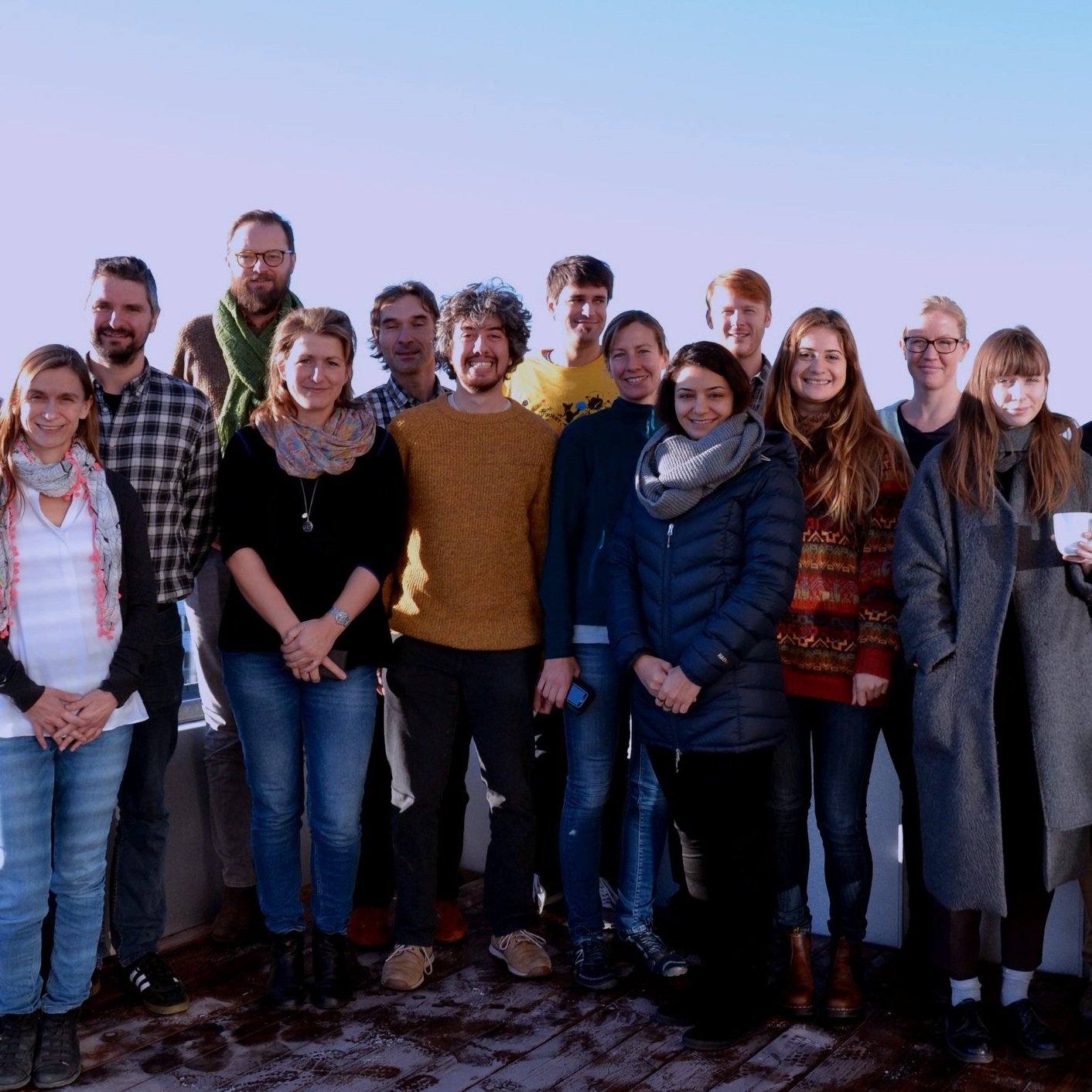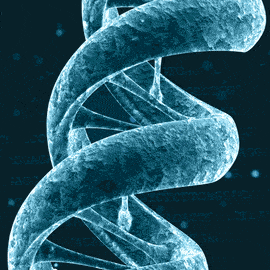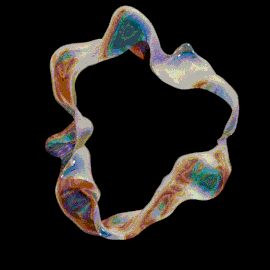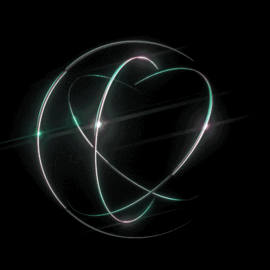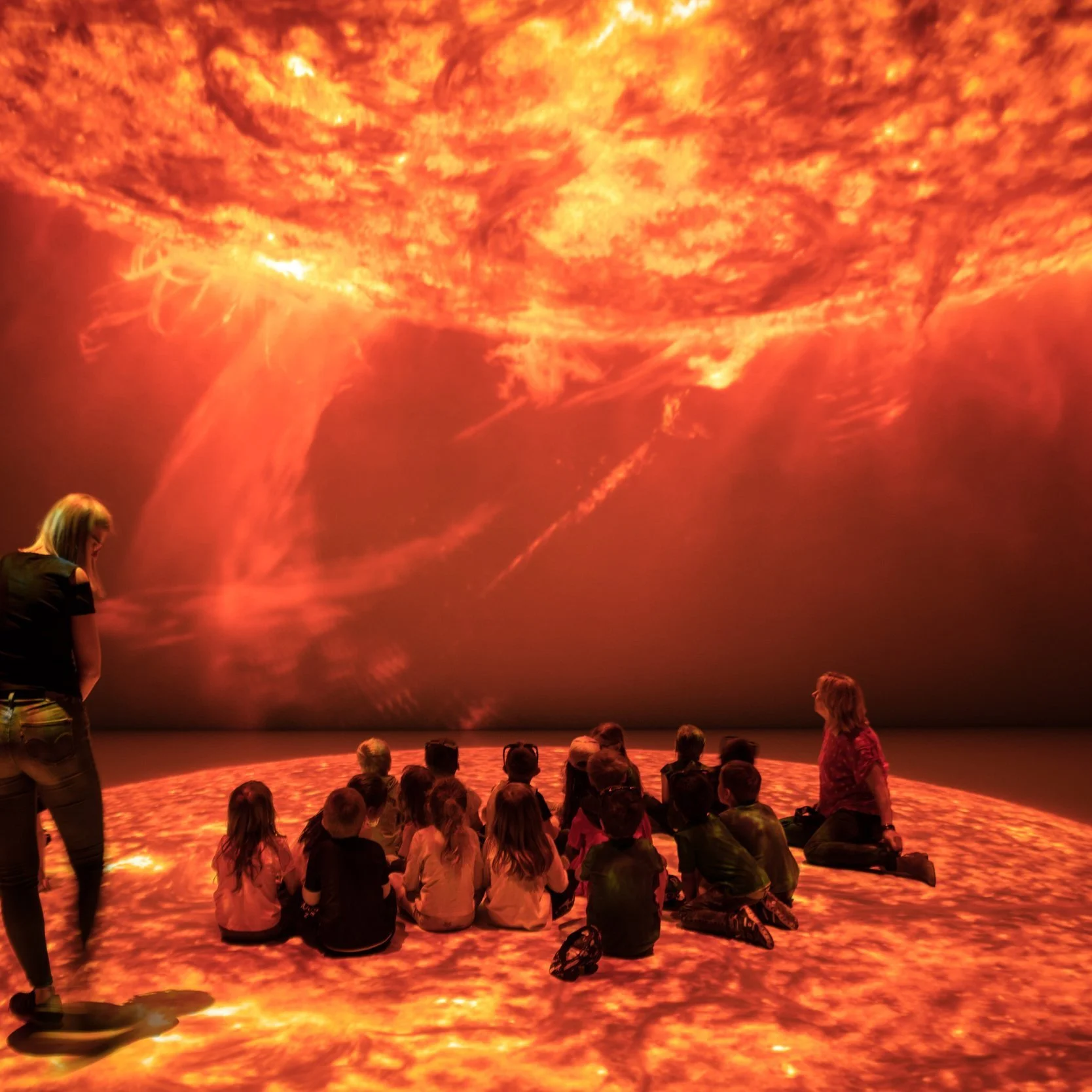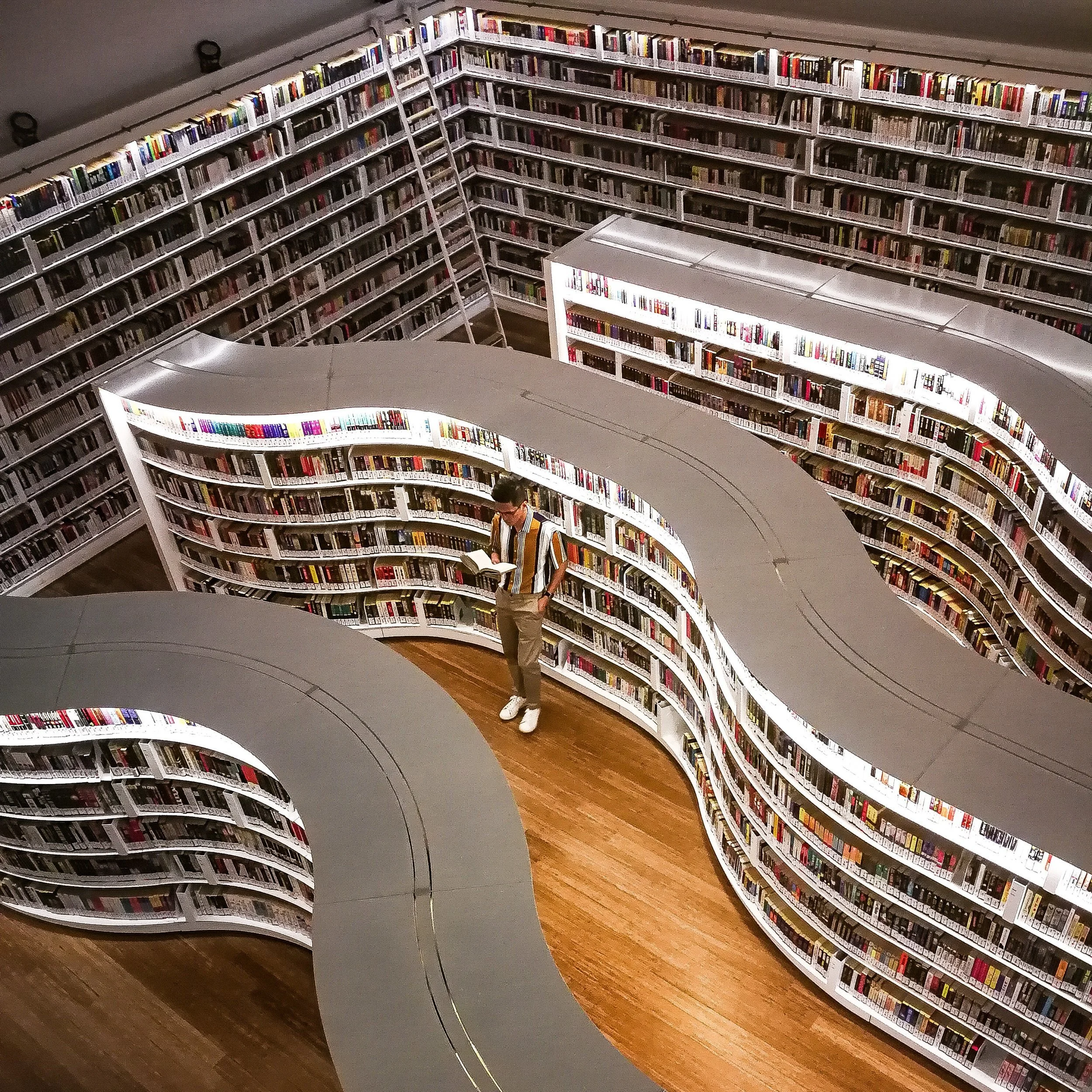In this lunch seminar, Elizabeth Blackburn (leader of the New Materials Theme at LINXS) will give some specific forward-looking perspectives, focusing more on possibilities at the ESS, that will draw on questions investigated by the networks established through LINXS, Institute of advanced Neutron and X-ray Science.
Please register here no later than 6 November
Read more
When: 7 November, 12:00–12:40
Where: Lundmarksalen (Lecture hall), Astronomihuset, Sölvegatan 27
Description
MAX IV, inaugurated in 2016, and the upcoming European Spallation Source (ESS), set to commence user operations in 2027, are two groundbreaking facilities located near the heart of Lund. These cutting-edge scientific resources have the potential to revolutionize research in the natural sciences.
During this seminar Professor Elizabeth Blackburn, will outline the main types of questions that can be addressed at these facilities, or, to put it another way, what types of information can be extracted, along with some simple guidelines for judging if these tools are useful and/or appropriate for a given problem.
Blackburn will also give some specific forward-looking perspectives, focusing more on possibilities at the ESS, that will draw on questions investigated by the networks established through LINXS, Institute of advanced Neutron and X-ray Science.
This seminar is open to all members of the Science Faculty and anyone interested in the future of natural sciences and research possibilities.











